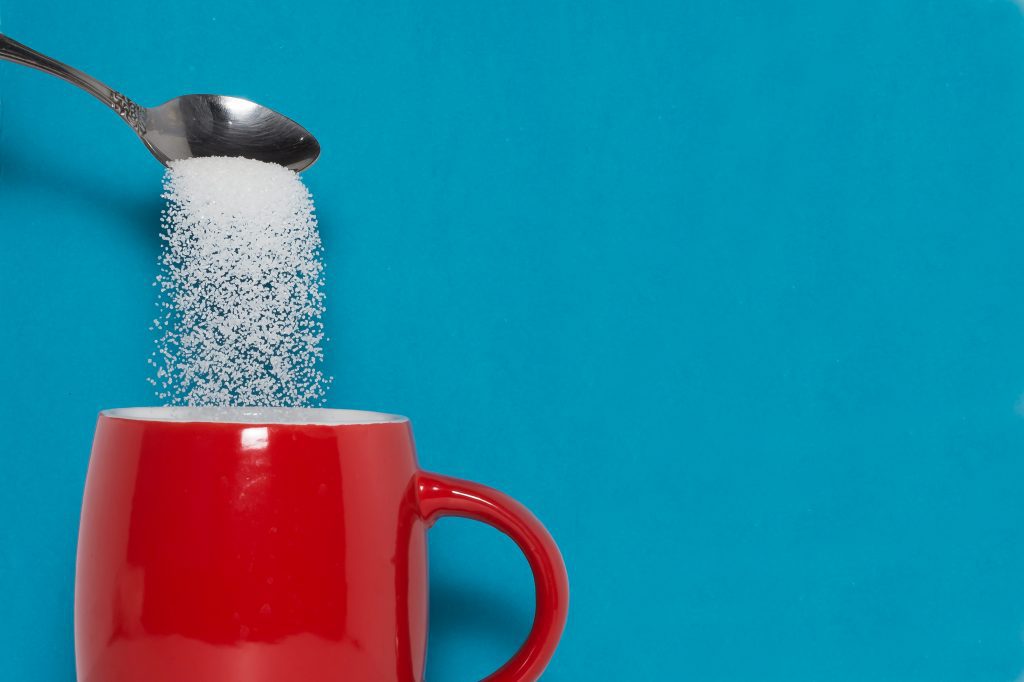Researchers Figure Out How Artificial Sweeteners Impedes Liver Detoxification
A recent study suggests that two sugar substitutes effectively disrupt the function of a significant protein. This protein helps in the metabolism of certain drugs and liver detoxification. While the sugar substitutes are non-nutritive sweeteners, it only gives a sweet taste with zero calories.
These artificial sweeteners are added to snacks, yogurts, medicines, and cosmetics. Researchers efficiently studied non-nutritive sweeteners like sucralose and acesulfame potassium on cell-free assays and liver cells. Researchers could quickly determine the transport cellular processes.
Researchers found the sweeteners to inhibit the activity of P-glycoprotein, better known as a multidrug resistance protein 1. It belongs to the family of transporters that functions together to clean the body from drugs, toxins, and drug metabolites.
Further, the experiment revealed that artificial sweeteners could proficiently impair the human body’s detoxification process. So it is essential to determine the safe consumption level for those at greater risk since it might be problematic for those who are intake medicines with PGP as a primary detoxification transporter.
Researchers say it is crucial to determine the right amounts of non-nutritive sweeteners on food labels. This will help people keep track of their intake without affecting their health.

They plan to use complex models to determine sucralose and acesulfame potassium interference with detoxification. Also, the number of sweeteners found in food products is being studied. They suggest that it is vital to investigate their inhibition since PGP is expressed at exchange surfaces. Thus PGP’s inhibition with the normal functioning cells can be determined.
